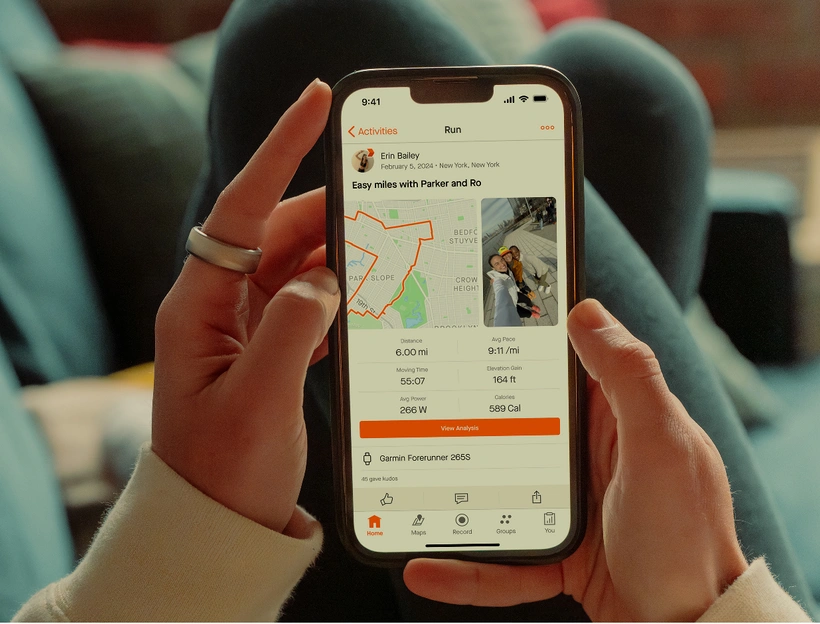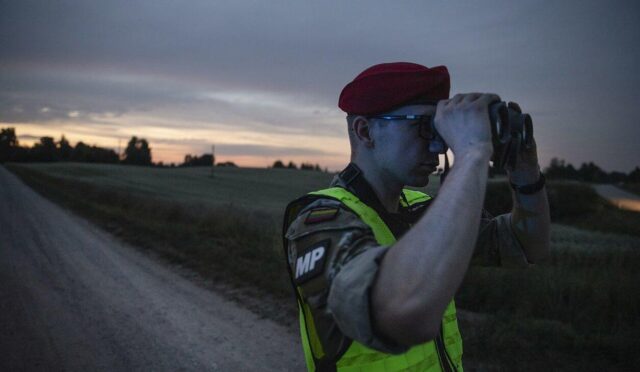A NATO soldier stationed abroad unwittingly handed over classified details about military drills and base activities to an individual posing as “Naomi” on Tinder. This case underscores the growing risks of social media and dating apps as tools for espionage in the digital age.
A Match Made in Espionage
The incident, uncovered by the Dutch investigative journalism platform Follow the Money (FTM), revealed how a seemingly innocent Tinder profile under the name “Naomi” managed to exploit military vulnerabilities. Posing as a 35-year-old yoga enthusiast, “Naomi” quickly engaged with NATO soldiers, collecting personal information, operational details, and even specifics about weapons and military vehicles.
By sprinkling casual questions into conversations, the profile elicited what might seem like trivial details, such as current deployments or base capacities. However, in the hands of foreign intelligence agents, these “small fragments” create a highly detailed operational picture.
A Growing Threat: Apps and Espionage
Amsterdam University security expert Matthijs Koot emphasized the severity of the situation: “The ease with which military movements can be tracked through dating apps poses a significant national security threat.” The collected information was not limited to harmless chatter. Details about training schedules, base occupancy, and troop movements were pieced together into what intelligence operatives call the “big picture.”
The revelations didn’t stop with Tinder. Apps like Strava, a fitness tracking platform, have also caused security breaches. In one case, Strava’s public heatmaps inadvertently exposed the locations of secret military bases.
Strava’s Shadow
The problem extends far beyond dating apps. In Germany, Russian intelligence allegedly used Tinder to target politicians and military personnel. Similarly, fitness apps have come under scrutiny for inadvertently revealing sensitive data. Strava, which tracks users’ jogging routes, made global headlines when it exposed routes in military facilities, including those in the U.S. and U.K.
Following such incidents, countries like the Netherlands banned certain apps from military-issued devices. However, personal phones remain an ongoing challenge, as soldiers often carry them even on deployments, creating a persistent vulnerability.
Tinder’s Response
Tinder acknowledged the security concerns, stating that measures to block location tracking and bulk data extraction are in place. However, the company admitted it cannot guarantee full protection against such breaches. This admission highlights a troubling gap in safeguarding user data, especially when it comes to high-stakes environments like military operations.
The Bigger Picture: Phones as Spy Tools
Former Dutch Intelligence Chief Bert Hubert warned that digital privacy is no longer just an individual concern but a critical issue for national defense. “Our phones are a goldmine for spies,” he said, adding, “Everywhere we go, everything we do, our phones can track and reveal it all.”
Lessons for the Future
As technology continues to evolve, so do the methods of modern espionage. What once required secret missions and clandestine meetings can now be achieved through casual online conversations. This reality calls for heightened awareness—not just from governments but from individuals.
The tools of the spy trade have shifted from gadgets to apps, and every piece of shared data can become part of a larger narrative. In a world where every click, swipe, and message can be weaponized, the challenge is not just in protecting secrets but in recognizing the value of information we often take for granted.
In espionage, as in life, the devil is in the details. And in today’s digital age, those details are only a dating profile away.







